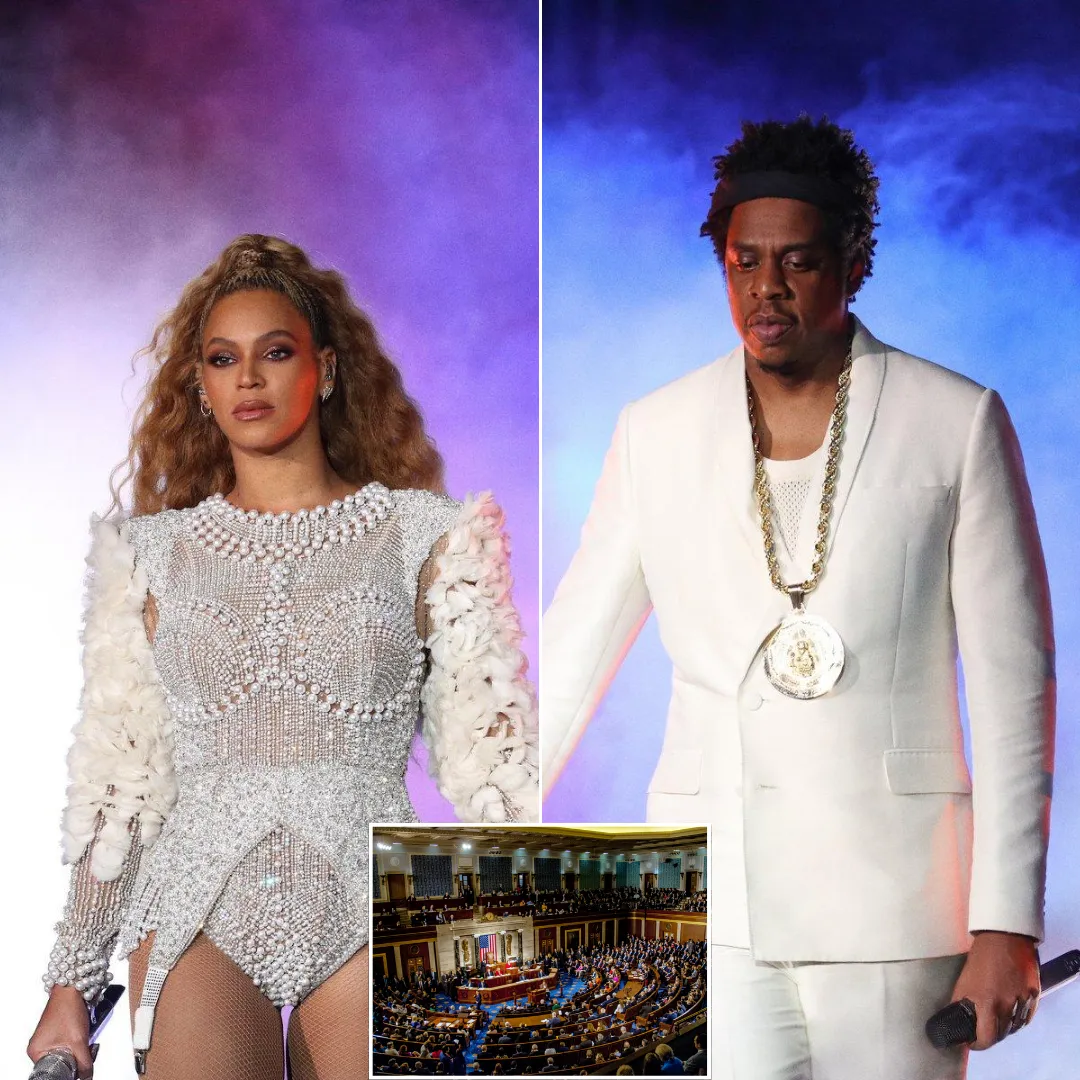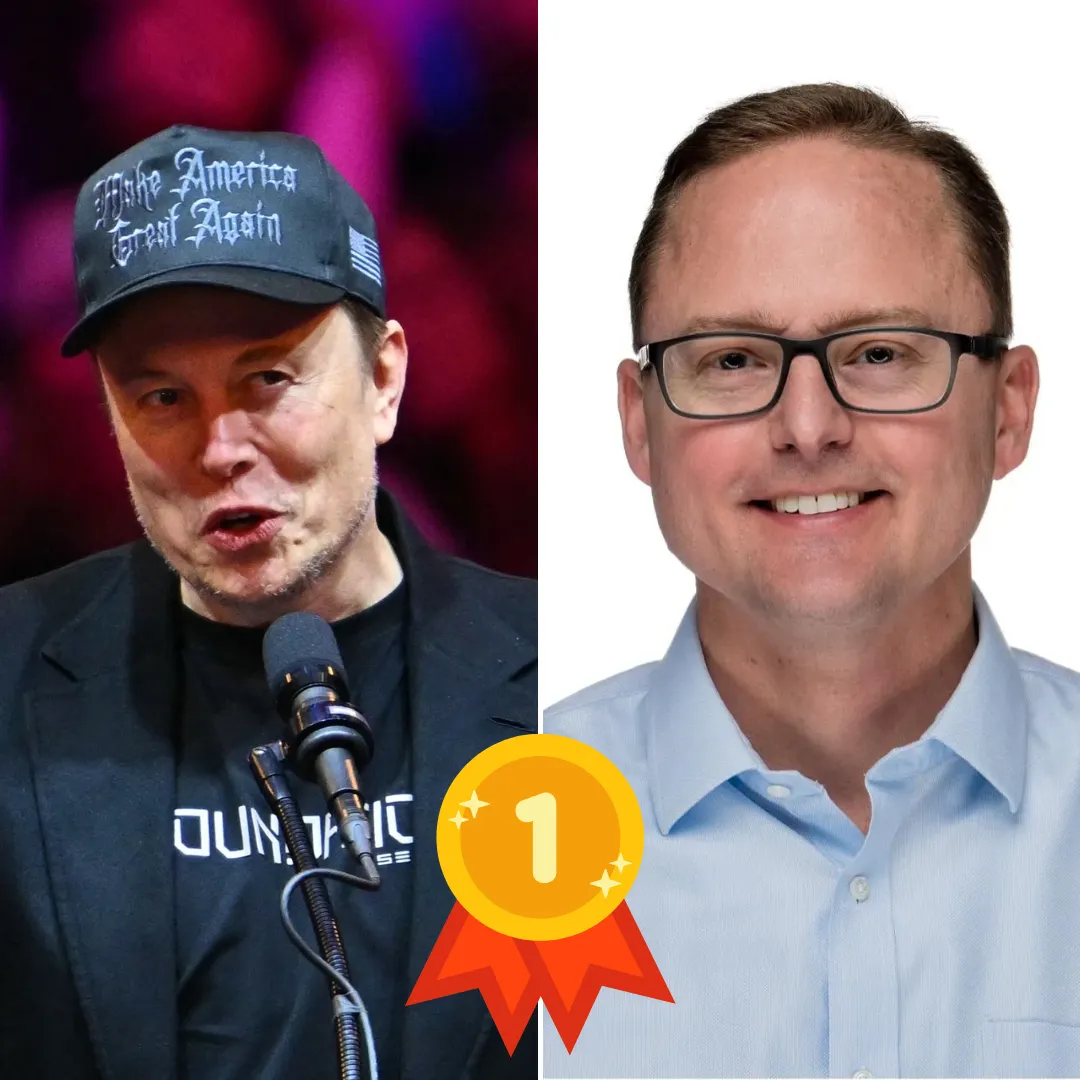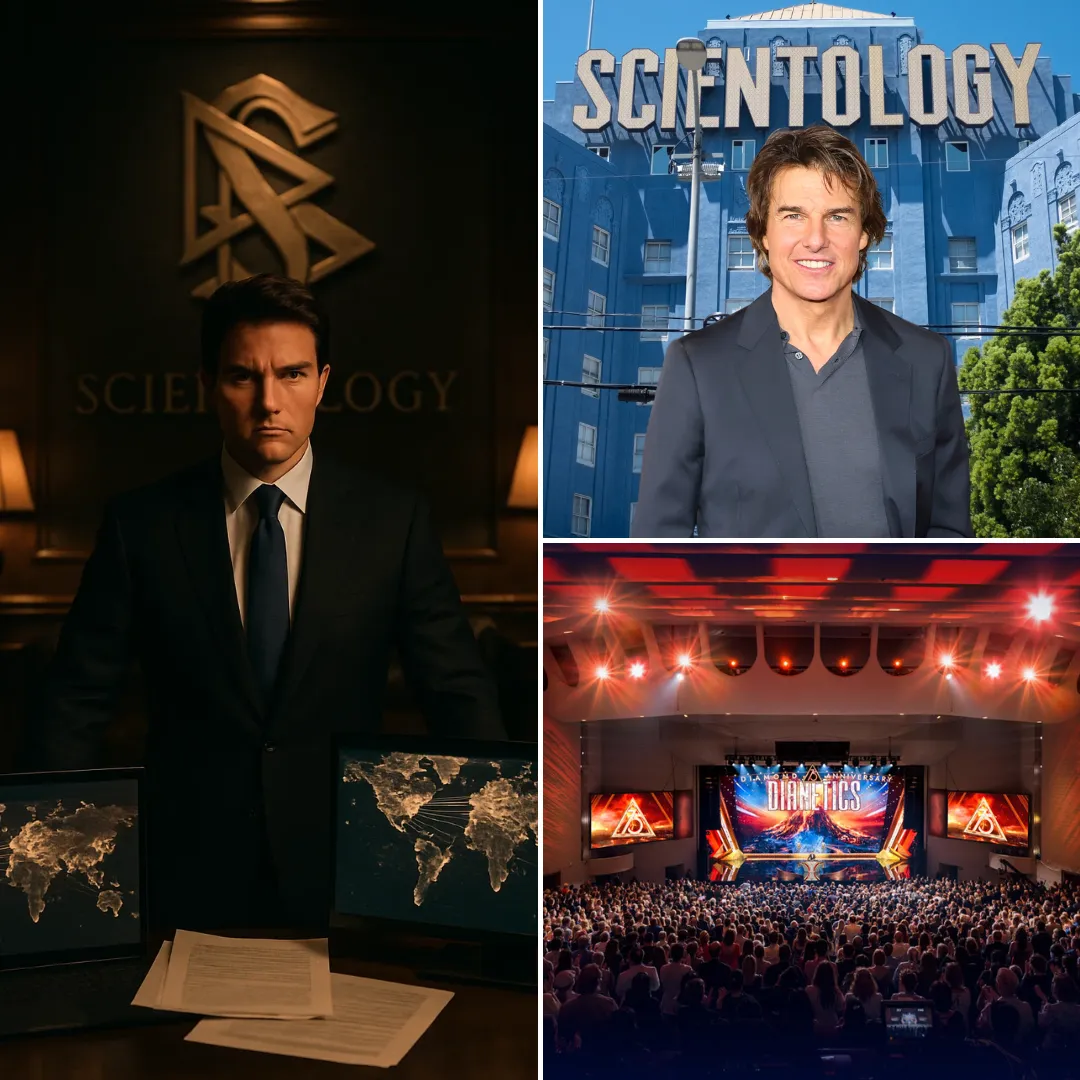
Elon Musk has long been a divisive figure in both the tech and political arenas. Known for his ventures such as Tesla, SpaceX, and Neuralink, Musk's business empire has not been without its controversies. Legal and regulatory issues related to his companies have been an ongoing challenge, with various investigations and lawsuits raising questions about compliance, safety, and ethical practices.
However, under the second term of President Donald Trump, many of these legal troubles have started to fade into the background. The Trump administration’s actions, including the dismissal of key figures overseeing investigations into Musk’s companies and the loosening of regulatory oversight, have significantly altered the landscape in which Musk’s businesses operate.
Musk’s regulatory issues were widespread and varied, touching on a range of topics from labor violations to safety concerns at Tesla and SpaceX. One of the most significant issues arose from the operations of Musk’s companies, particularly the allegations of workplace safety violations at SpaceX and Tesla’s controversial autonomous driving technology.
These issues prompted investigations from various federal agencies, including the Department of Labor, the Federal Aviation Administration, and the Consumer Financial Protection Bureau. However, as Trump took office for a second term, many of these investigations seemed to stall or be quietly dismissed, raising questions about the extent to which Musk was able to benefit from political support.
One of the most notable moves by the Trump administration was the dismissal of Phyllis Fong, the inspector general at the U.S. Department of Agriculture, who was overseeing an investigation into Musk’s startup Neuralink. Neuralink, a company focused on developing brain-machine interfaces, has faced criticism for its handling of animal testing, with reports alleging that the company’s experiments have led to unnecessary animal deaths and suffering.
The dismissal of Fong, who was leading this investigation, was seen by many as a clear sign that the Trump administration was willing to interfere with regulatory bodies in order to protect Musk’s interests. The question of whether this investigation was intentionally halted remains unanswered, but it is clear that Musk’s companies have been subject to less scrutiny during this period.
Similarly, in other federal agencies, efforts were made to reduce oversight of Musk’s businesses. The Consumer Financial Protection Bureau, which had received hundreds of complaints about Tesla’s financing and leasing practices, saw a significant reduction in staff under Trump’s administration.
The agency, which is responsible for protecting consumers from financial fraud and misconduct, appeared to be less active in pursuing enforcement actions against Tesla. While the agency did not publicly comment on the issue, the lack of action on these complaints raised concerns about whether the regulatory environment was being intentionally softened for Musk’s companies.
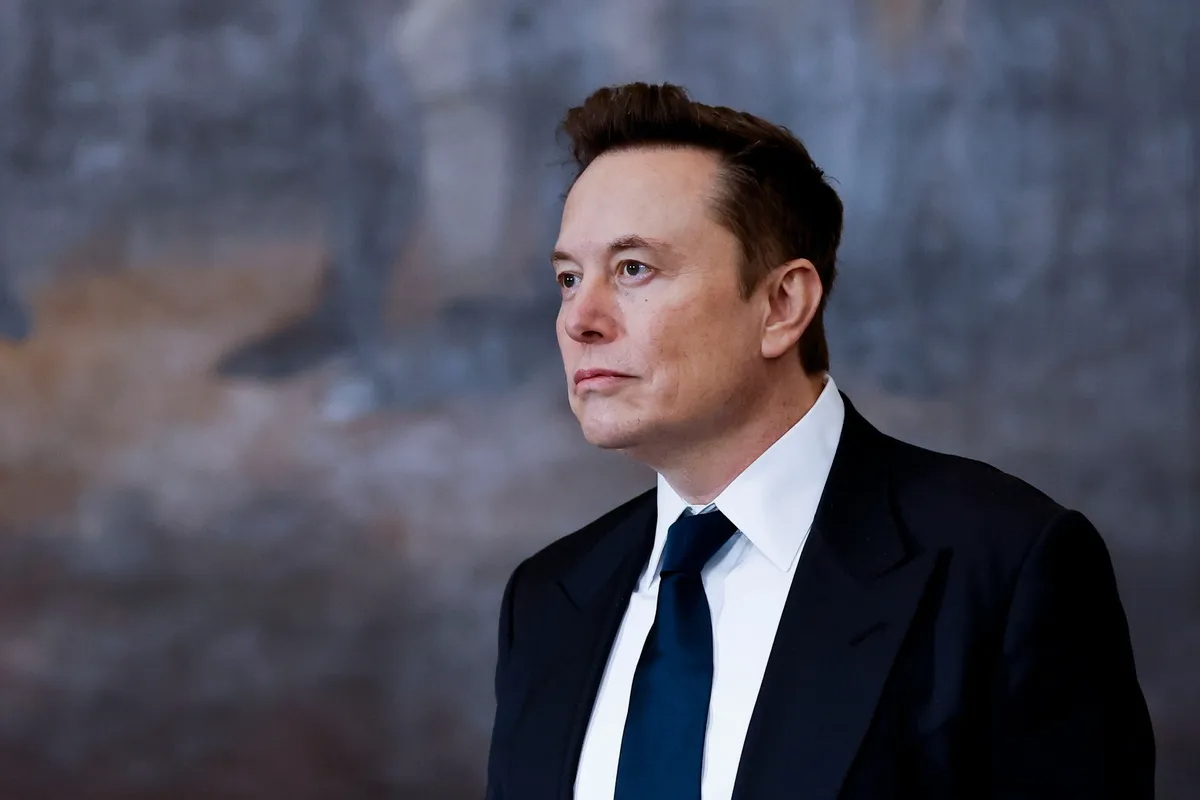
One of the most significant regulatory victories for Musk came from the Department of Justice, which dropped a lawsuit against SpaceX, citing a lack of sufficient grounds to continue the case. The lawsuit, filed by the Department of Justice, accused SpaceX of discriminating against refugee applicants in its hiring practices.
The dismissal of the lawsuit was seen as another sign that the Trump administration was taking a more lenient approach to Musk’s businesses. The decision to drop the case was particularly notable given the high-profile nature of the allegations, which raised questions about the company’s hiring practices and its treatment of refugees.
Perhaps the most obvious indication of the Trump administration’s support for Musk came in the form of changes to the regulatory environment that directly benefited his businesses. The Federal Aviation Administration, which is responsible for overseeing SpaceX’s launches, relaxed its regulations on the number of launches SpaceX could conduct in a year.
In a dramatic shift, the FAA allowed SpaceX to conduct up to 25 launches per year of its Starship rockets, a five-fold increase from previous limits. This decision was made despite concerns over the environmental impact of these launches, which critics argue could lead to increased pollution and environmental degradation.
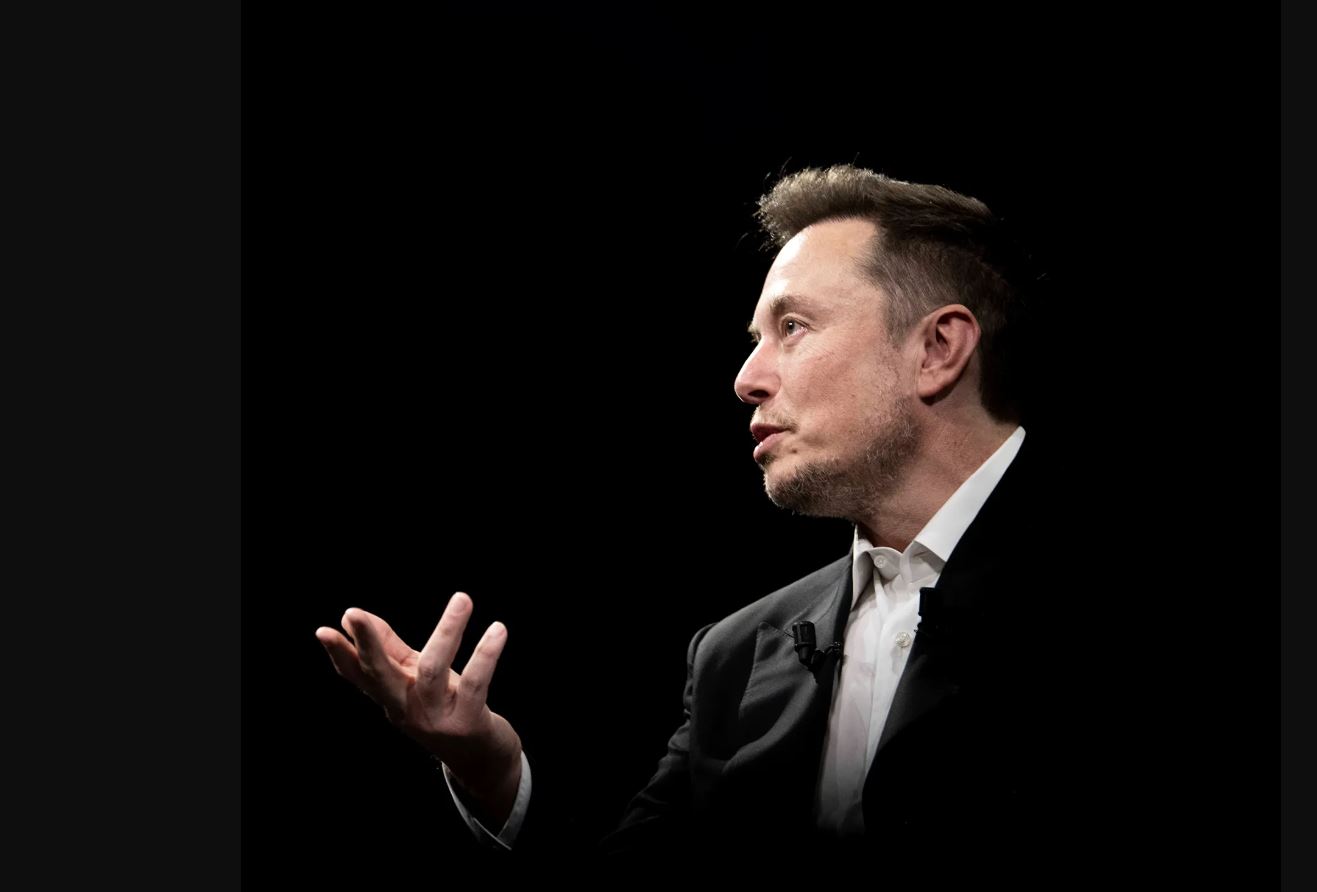
In addition to these regulatory changes, Trump’s administration also took steps to cut red tape for Musk’s companies in other areas. The Department of Transportation lowered the threshold for reporting safety incidents involving autonomous vehicles, a move that directly benefited Tesla.
By reducing the reporting requirements for Tesla’s autonomous vehicles, the administration effectively made it easier for the company to operate without being subject to the same level of scrutiny as other automakers. Critics argue that this reduction in oversight could lead to safety risks being overlooked, but the decision was welcomed by Musk, who has long been an advocate for deregulation.
The Trump administration’s actions have had a profound impact on Musk’s businesses, particularly in terms of regulatory oversight. While other companies may have faced increased scrutiny and penalties under previous administrations, Musk’s companies seemed to benefit from a more relaxed regulatory environment during Trump’s second term.
This has raised concerns about the fairness of the regulatory process and whether Musk’s businesses received preferential treatment due to his close ties to the Trump administration. Musk’s relationship with Trump has been well-documented, with the billionaire entrepreneur serving as an informal adviser to the president.

Musk’s support for Trump’s policies, particularly those related to deregulation and tax cuts, has been widely recognized, and the two have maintained a close relationship over the years. In return for his support, Musk’s companies have received significant benefits, including the loosening of regulations and the reduction of scrutiny from federal agencies.
Despite these benefits, Musk’s regulatory troubles are far from over. While the Trump administration may have provided Musk with a more favorable environment, the Biden administration has taken a different approach.
Since President Joe Biden took office, there has been increased scrutiny of Musk’s businesses, particularly in the areas of labor rights and environmental impact. The Biden administration has been more aggressive in pursuing enforcement actions against companies like Tesla, which has faced ongoing investigations into workplace safety violations and concerns about its treatment of workers.
Musk’s regulatory troubles also extend beyond the United States. As his businesses continue to expand globally, Musk faces increasing scrutiny from foreign governments and regulators. Tesla, for example, has faced challenges in China, where the government has strict regulations on foreign companies operating within its borders.
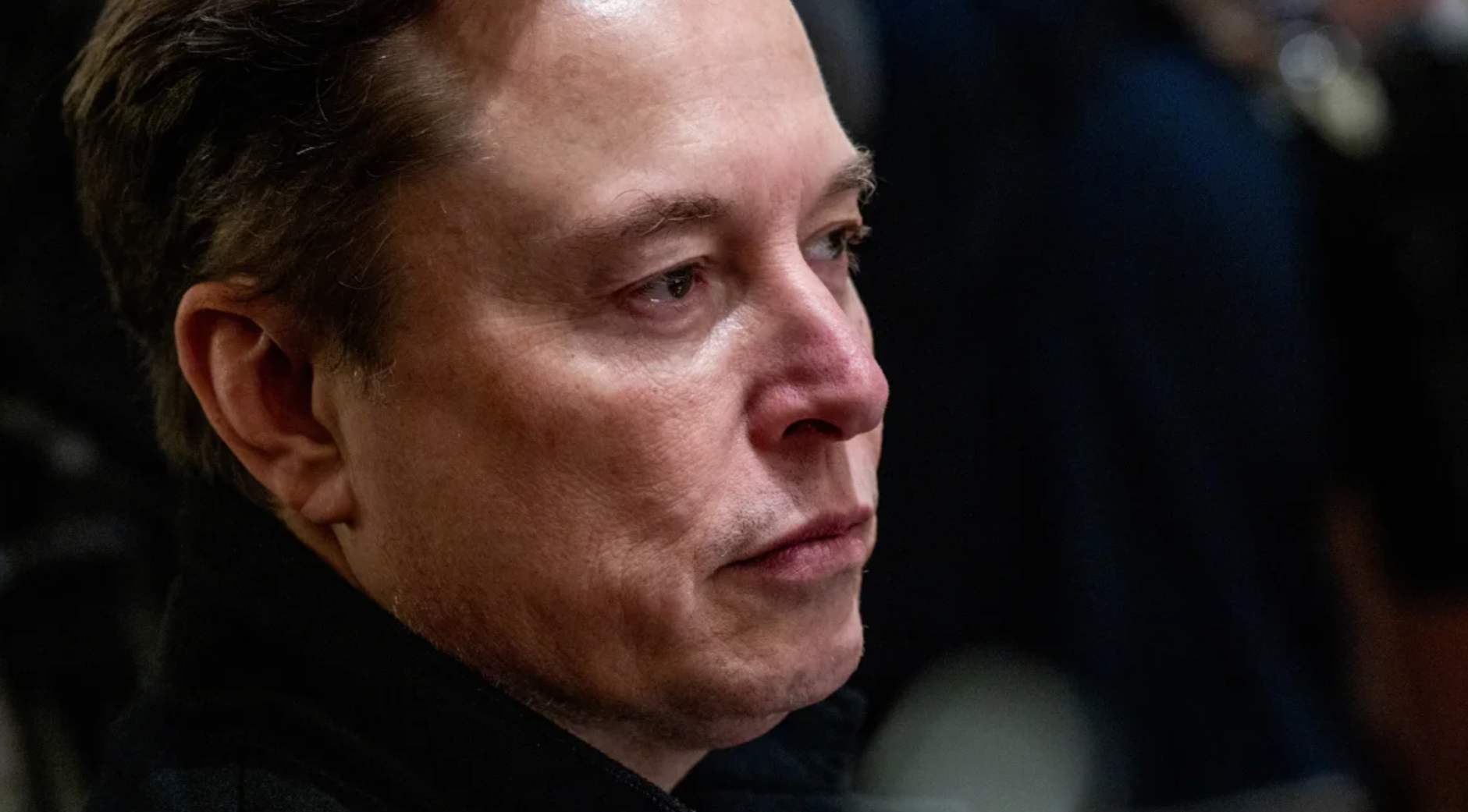
SpaceX has also faced regulatory hurdles in other countries, particularly in Europe, where there are strict environmental regulations governing space launches and satellite deployments. While Musk’s businesses have certainly benefited from the regulatory environment under Trump, the future remains uncertain.
The changing political landscape, along with increasing public scrutiny, means that Musk will need to navigate a more complex regulatory environment in the years to come. As his companies continue to expand and innovate, the question of how much regulatory oversight is appropriate will continue to be a topic of debate.
For now, however, Musk’s businesses remain in a unique position, having benefitted from the Trump administration’s regulatory policies, which allowed them to operate with fewer restrictions than other companies in their industries.
In conclusion, the regulatory troubles that Musk’s companies faced during the Obama and Biden administrations have begun to fade under the Trump administration. With key figures dismissed and regulatory oversight relaxed, Musk’s businesses have been able to thrive in a more favorable environment.

While these regulatory changes have been beneficial for Musk, they have raised concerns about fairness and the potential for preferential treatment. As the political landscape continues to shift, Musk’s companies will likely continue to face challenges, but for now, they remain in a strong position thanks to the regulatory environment created by the Trump administration.
The question remains, however, whether these advantages will last under future administrations or if they will face more scrutiny as public attention turns toward their practices.

